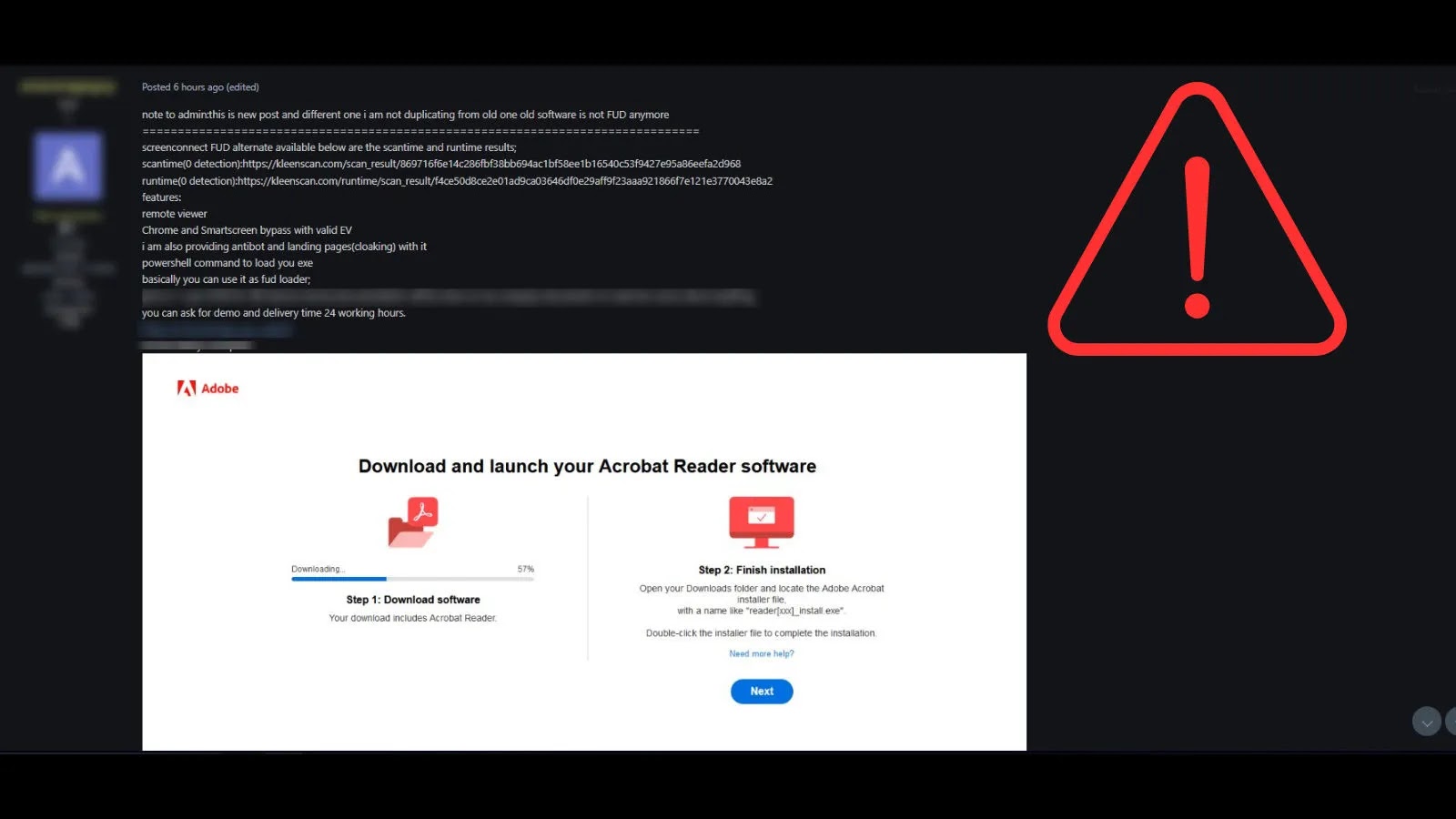WhatsApp has successfully dismantled 6.8 million accounts linked to fraudulent activities during the first half of 2024, representing a significant escalation in the platform’s fight against organized cybercrime.
The takedown operation, announced by parent company Meta, specifically targeted scam centers operating across Southeast Asia that frequently exploit forced labor to execute sophisticated fraud schemes targeting global victims.
Key Takeaways
1. WhatsApp removed fraudulent accounts from South East Asian scam operations.
2. The platform used advanced systems and an OpenAI partnership to identify scam content.
3. Added warnings for suspicious group invitations and two-step verification.
Advanced Detection Systems
WhatsApp implemented proactive detection algorithms that identified and neutralized malicious accounts before scammers could fully operationalize their criminal infrastructure.
The platform introduced enhanced anti-scam measures, including automated alerts that warn users when they are added to group chats by contacts outside their established network, addressing a common attack vector used by cybercriminals.
The technical crackdown revealed sophisticated coordination between multiple platforms and artificial intelligence systems.
In a notable case study, WhatsApp collaborated with OpenAI’s ChatGPT to disrupt a Cambodian criminal organization that had weaponized the AI system to generate detailed instructions for victims of a fake rent-a-scooter pyramid scheme.
The scammers utilized ChatGPT’s natural language processing capabilities to create convincing promotional content that lured victims with promises of cash payments for social media engagement.
Meta’s security infrastructure demonstrated the ability to trace attack patterns across multiple communication channels, as fraudsters typically initiated contact through SMS before migrating conversations to social media platforms and private messaging applications.
The final exploitation phase occurred on cryptocurrency platforms and payment processors, highlighting the multi-stage nature of modern digital fraud operations.
Enhanced Security Protocols
Consumer protection organizations acknowledged the progress while emphasizing the need for more comprehensive preventive measures.
Which?, a prominent UK consumer rights group, stated that Meta must expand these efforts across its entire platform ecosystem, including Facebook and Instagram.
Consumer law expert Lisa Webb criticized the reactive approach, advocating for upstream prevention mechanisms that block fraudulent content before it reaches users.
Regulatory pressure is mounting through the Online Safety Act, with Ofcom expected to enforce stricter compliance standards for fraudulent paid advertisements across social media platforms.
Authorities in affected regions have recommended implementing two-step verification protocols and enhanced user education about recognizing suspicious messaging patterns.
The geographic concentration of these activities in Myanmar, Cambodia, and Thailand has caused regional law enforcement authorities to establish specialized anti-trafficking and cybercrime sections to combat the criminal enterprises’ forced labor components.
Equip your SOC with full access to the latest threat data from ANY.RUN TI Lookup that can Improve incident response -> Get 14-day Free Trial




